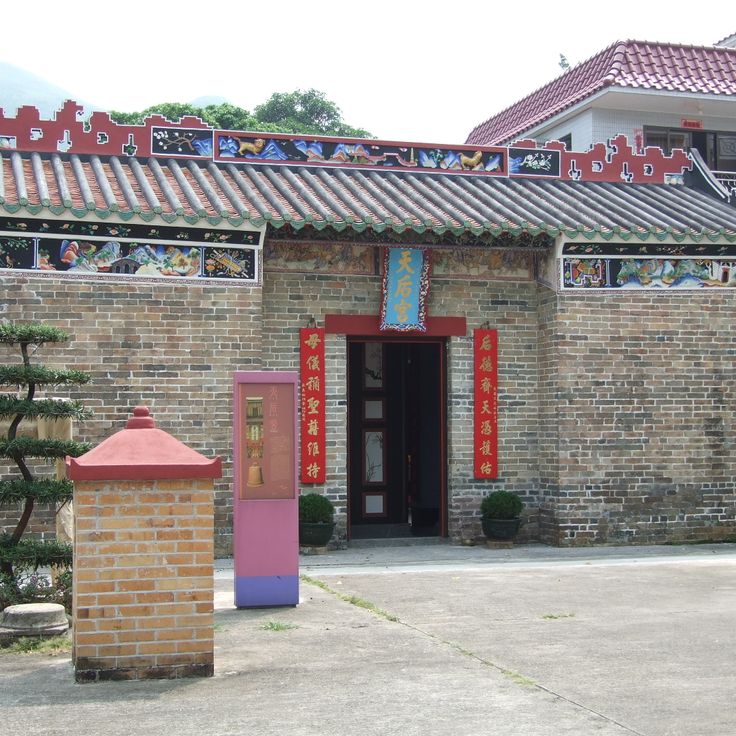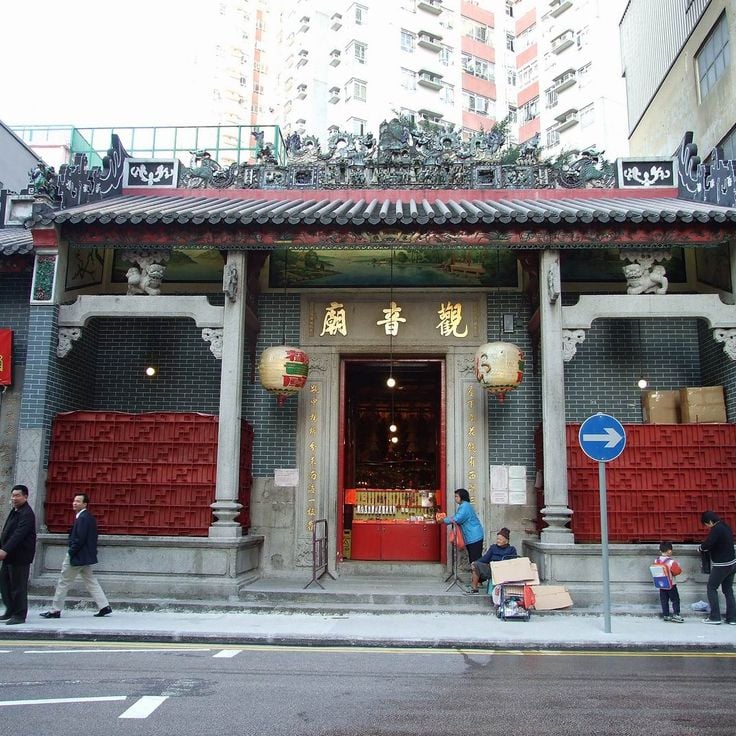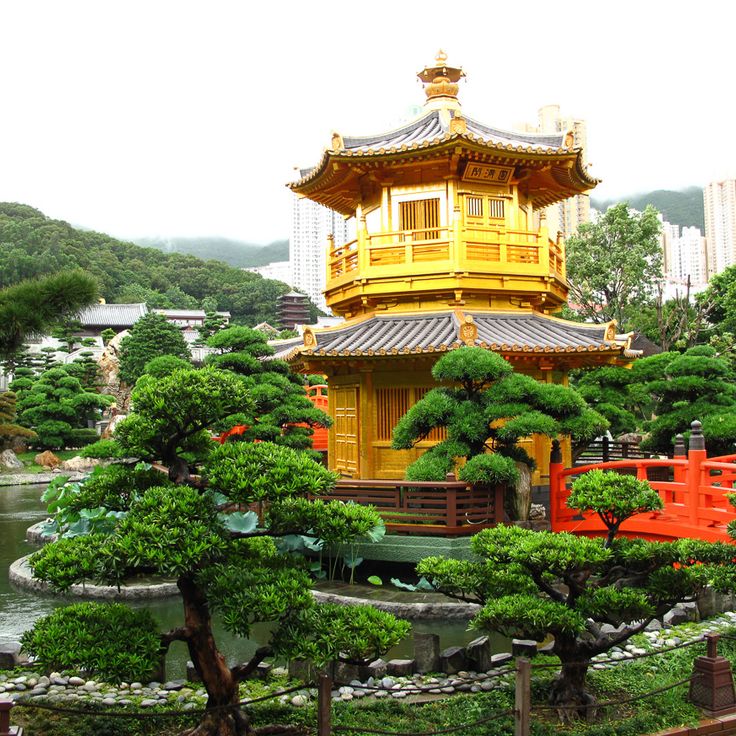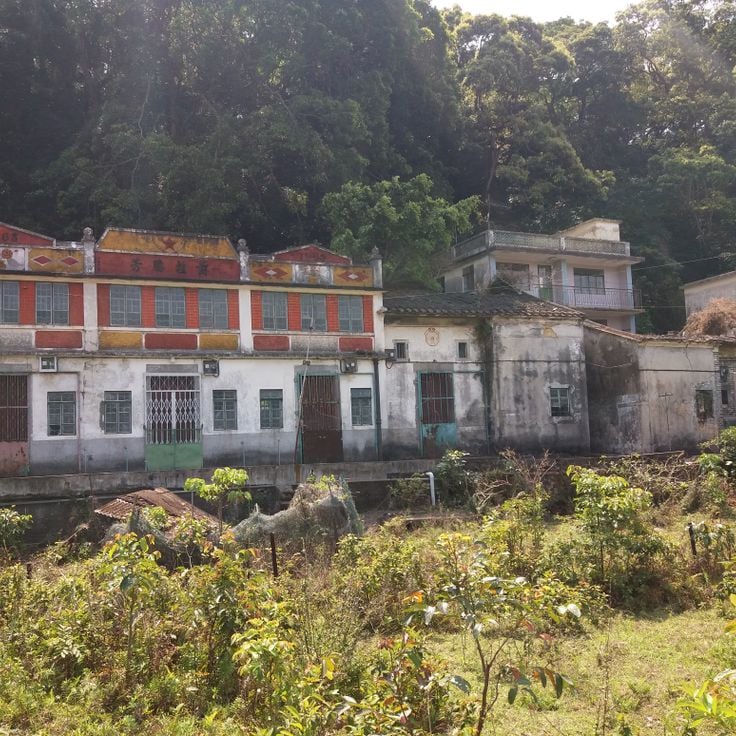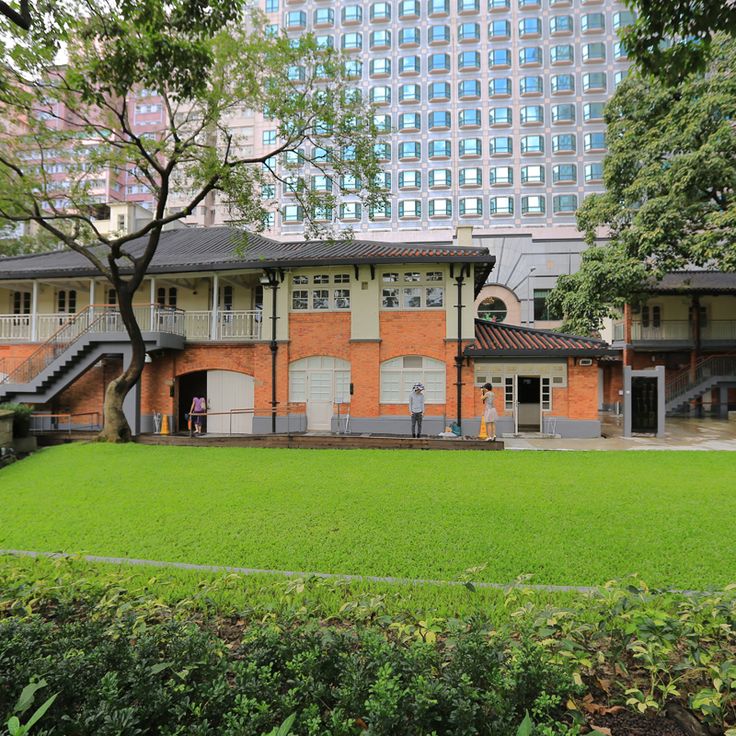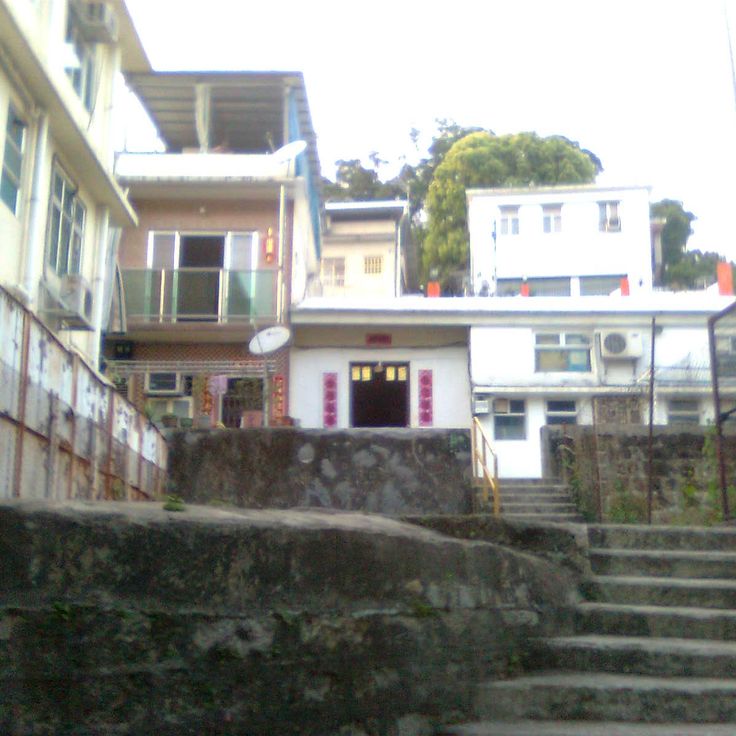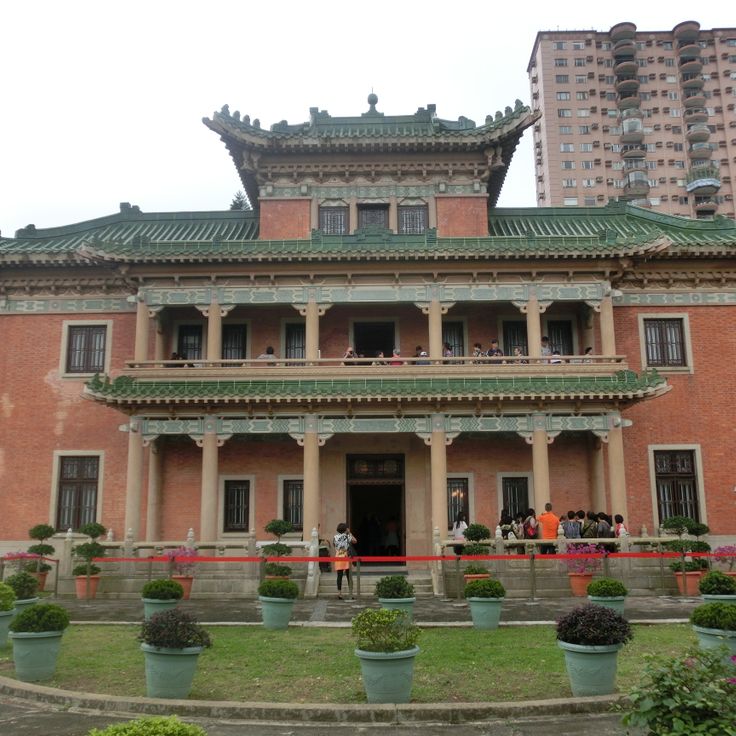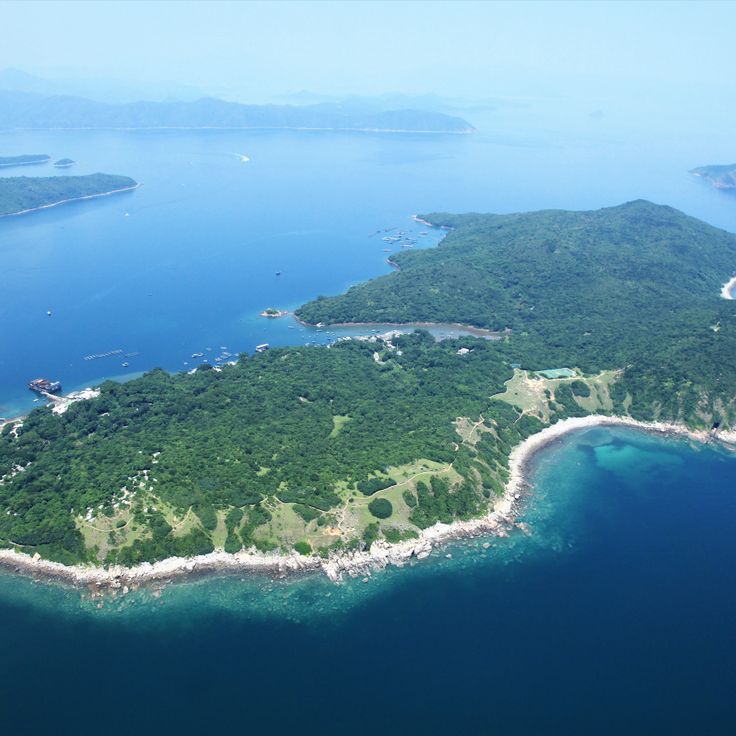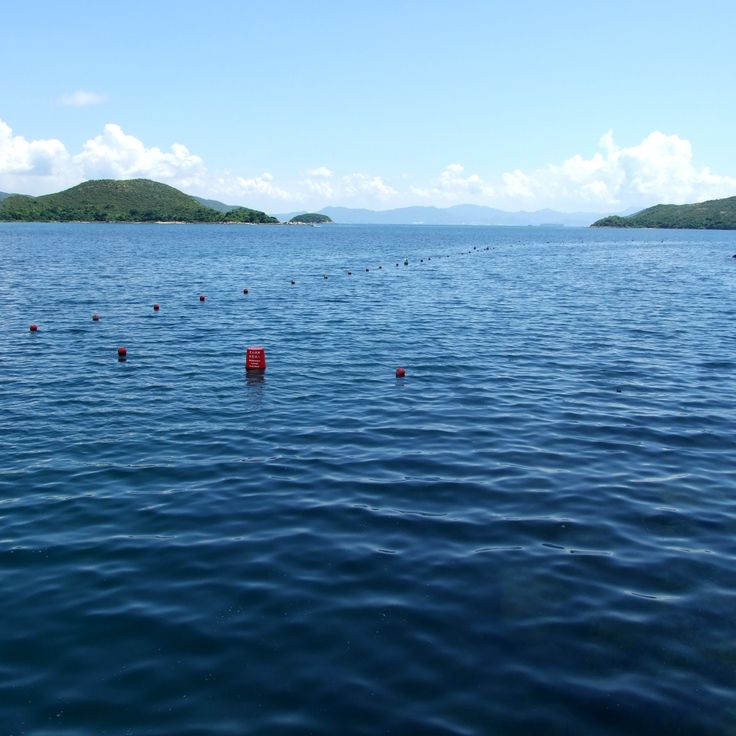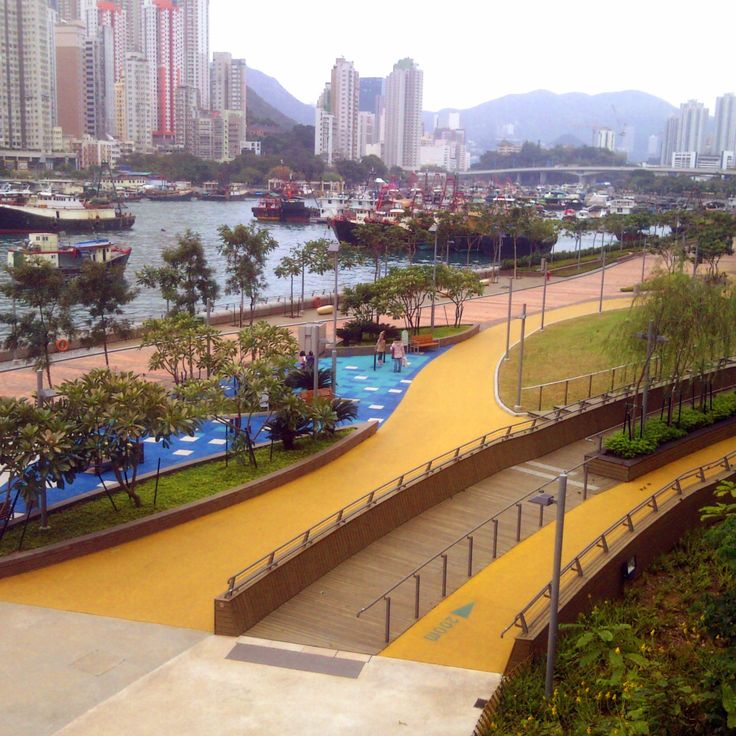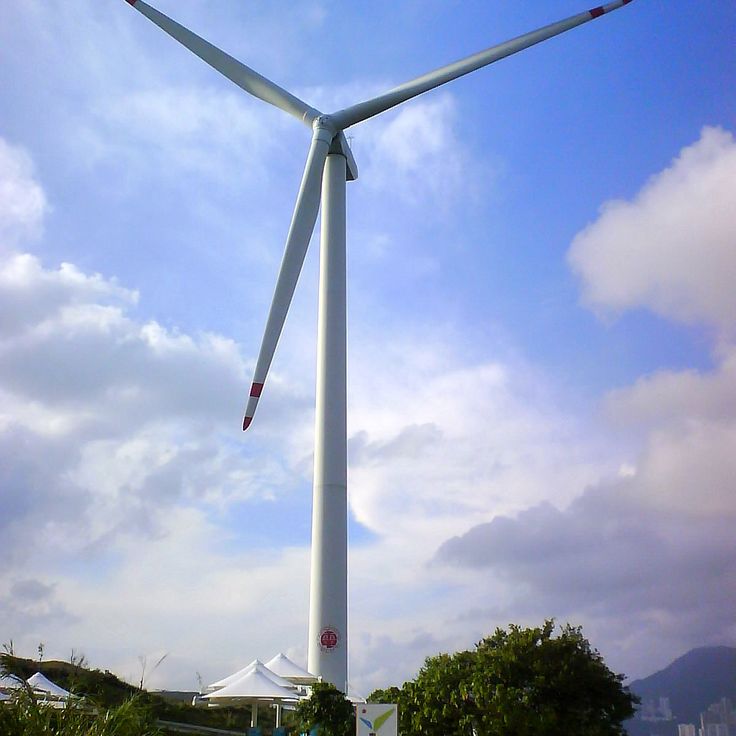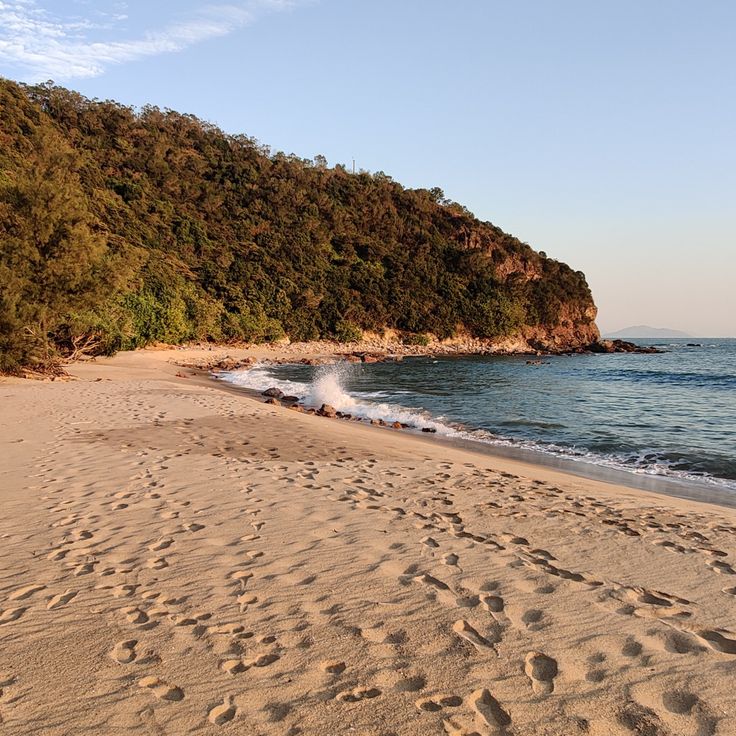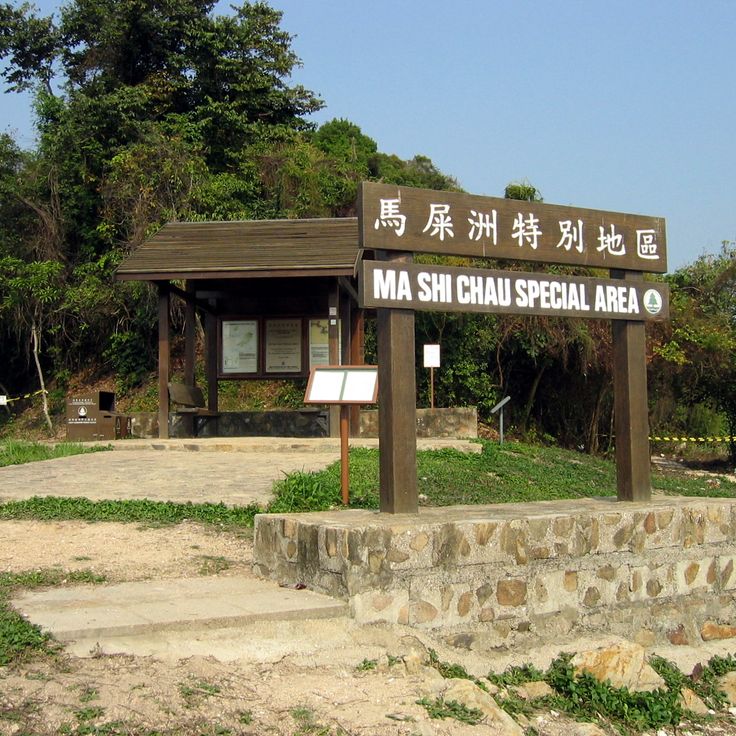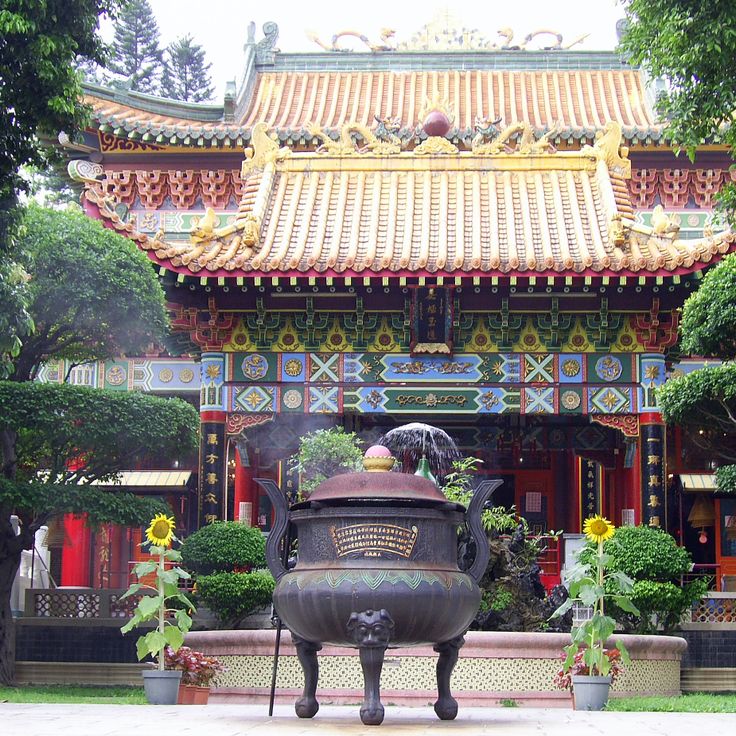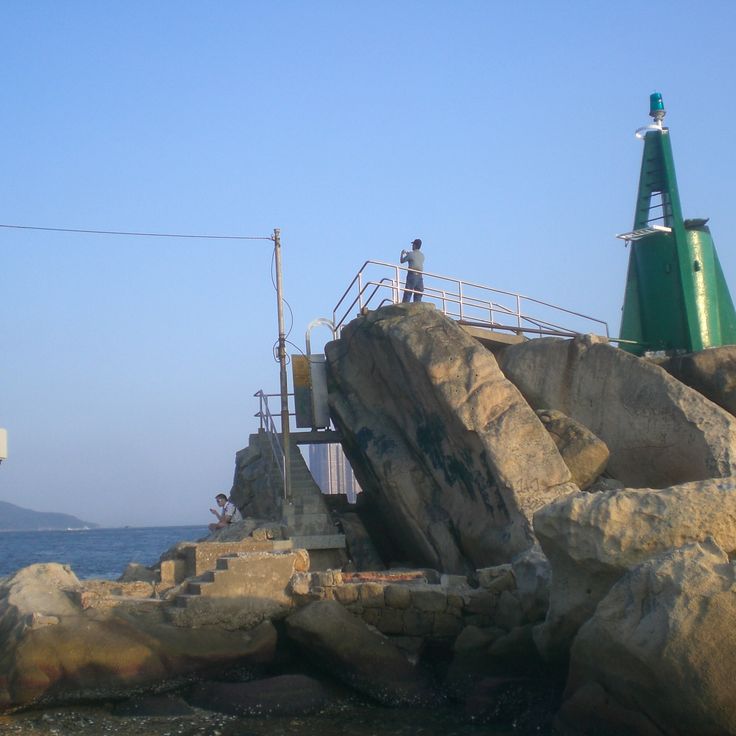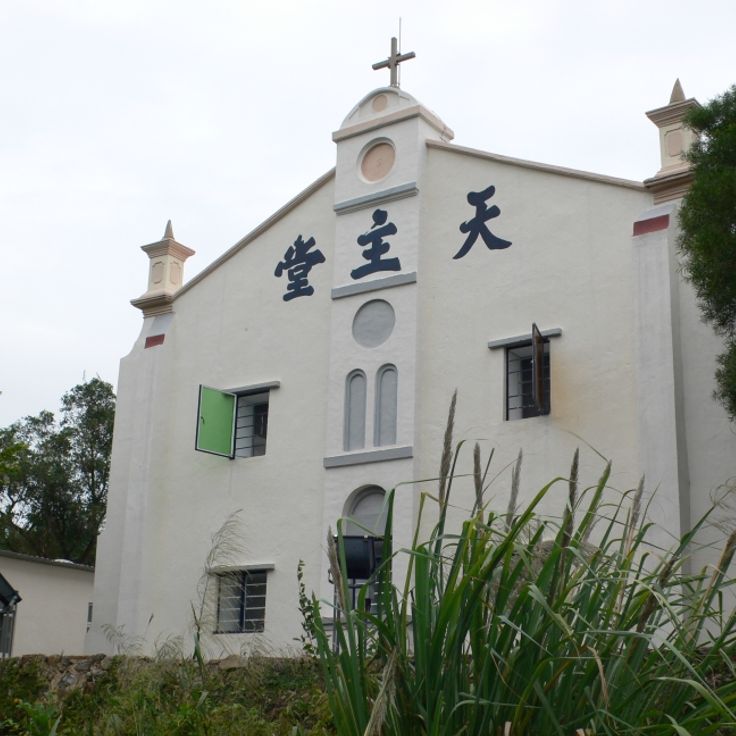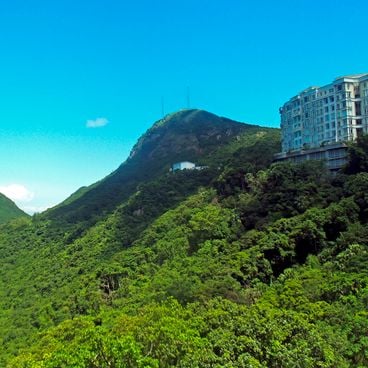Hong Kong hides many lesser-known sites beyond its skyscrapers and shopping centers. The city is home to 19th-century Buddhist temples such as Kwun Yum Temple in Hung Hom, traditional Chinese gardens like Nan Lian Garden in Diamond Hill covering 35,000 square meters, and historic mansions like King Yin Lei from 1937 with its red brick roofs and glazed tiles. The abandoned Hakka villages of Kuk Po near the Chinese border and heritage trails like Lung Yeuk Tau in Fanling reflect the region's rural history. The islands and natural areas reveal another aspect of the territory. Tap Mun Island hosts a small fishing community and a Buddhist monastery in the eastern waters. Hoi Ha Wan Marine Park in Sai Kung protects over 60 coral species and 120 fish species. Sha Lo Tung Valley in Tai Po is home to more than 500 butterfly species among abandoned rice paddies. These sites offer an alternative to urban life and allow visitors to discover Hong Kong's natural and cultural heritage.
This 2.5 kilometer heritage trail traverses five historic villages of the Tang family in Fanling. The path connects traditional Hakka settlements where watchtowers from the Ming and Qing dynasties and centuries-old residential buildings have been preserved. The route allows visitors to discover the architecture and way of life of the Tang community, which has been established in this region for over 700 years.
The Kwun Yum Temple was built in the 19th century and is dedicated to the Buddhist Goddess of Mercy. The sanctuary features several altars and religious statues set within a garden that includes a traditional pond. Located in the Hung Hom district, this temple attracts worshippers and visitors who appreciate its traditional architecture and peaceful grounds.
The Nan Lian Garden covers 35,000 square meters and follows Tang Dynasty design principles. This public park combines traditional Chinese landscape architecture with religious elements, featuring wooden pavilions, curved bridges spanning ponds, and the Chi Lin Temple with its gilded facade. The grounds incorporate classical garden principles with carefully positioned rocks, bonsai trees, and water features.
Kuk Po is an abandoned village near the Chinese border that preserves traditional Hakka residential buildings with characteristic architecture. The village also contains a school building from the 1930s, which provides evidence of the former community. The settlement is located in a remote area of northern Hong Kong and offers insights into the traditional way of life of the Hakka people.
Oi! Art Space occupies a restored early 20th-century building and displays contemporary works by Hong Kong artists across four exhibition rooms with high ceilings. The venue promotes exchange between creators and audiences through rotating exhibitions and cultural events.
Sha Lo Tung is a natural area that hosts more than 500 butterfly species and 72 dragonfly species among abandoned rice terraces and waterfalls. The valley offers hiking trails through dense vegetation and along streams that wind through the former agricultural lands.
King Yin Lei was built in 1937 and combines Western architecture with Chinese design elements. The residence spans four levels and displays red brick roofs, green glazed tiles, traditional wood carvings and stone ornaments. This heritage building documents the architectural style of wealthy families during Hong Kong's colonial period.
Tap Mun Island lies in the eastern waters of Hong Kong and has approximately one hundred residents. This island features several hiking trails that cross grasslands and follow the coastline, a small fishing port, and the Tin Hau Monastery, a Buddhist sanctuary visited by fishermen and travelers.
Hoi Ha Wan Marine Park protects a coral reef system with over 60 documented coral species and provides habitat for more than 120 fish species. The protected bay allows snorkeling and kayaking in the waters of the southern Chinese coast.
The Ap Lei Chau Wind Tower Park combines green spaces with renewable energy technology through a 20-meter tower that serves as a functional installation and viewing point. This park on Ap Lei Chau island offers visitors information about wind energy and provides views of Aberdeen Harbour and the surrounding coastal landscape of Hong Kong.
Lamma Winds is a wind power station located on Lamma Island, equipped with an 800 kilowatt turbine that generates one million kilowatt-hours of electricity annually. The facility was established to promote renewable energy and serves as an educational center for visitors interested in learning about wind power and sustainable electricity generation.
This bay brings together four sandy beaches with fine white sand, framed by forested hills. Tai Long Wan is accessible via hiking trails of several hours and offers transparent water suitable for swimming. The beaches of Sai Wan, Ham Tin, Tai Wan and Tung Wan extend along the coast and remain calm due to their remoteness.
The Ma Shi Chau Special Area displays Permian sedimentary layers that formed approximately 250 million years ago. This geological formation contains fossilized shells and other marine fossils from this period. Access is via a causeway during low tide, and visitors can observe the exposed rock strata along the peninsula's coastline.
Ching Chung Koon is a Taoist temple complex that includes several traditional buildings, a pond with turtles and koi fish, terraced gardens, and an extensive collection of bonsai trees displayed in pavilions.
The Lei Yue Mun Lighthouse was built in 1912 and marks the eastern entrance to Victoria Harbour. This structure stands on a granite rock at the entrance to the strategic strait between Kowloon and Hong Kong Island. The white tower with its characteristic red band has served navigation in the busy harbour area for over a century.
Yim Tin Tsai is a small island off the coast of Sai Kung that was inhabited by Hakka families until the 1990s. The island features St. Joseph's Chapel, built in 1890, which has become an important testimony to the Catholic mission in the region following its restoration. The traditional salt pans, once the main source of income for residents, have been rehabilitated and document the centuries-old salt harvesting techniques of the Hakka community.
